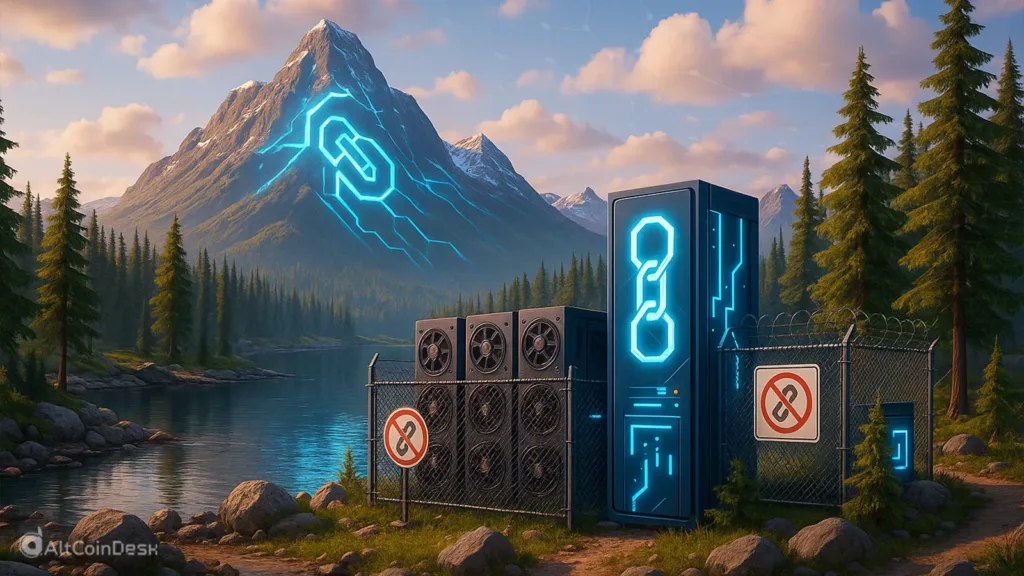The Canadian province, British Columbia, banned new crypto mining projects in an attempt to redirect clean energy into sectors that boost the economy.
In an endeavor to reallocate clean energy and also to address the ‘unprecedented demand for electricity’, British Columbia banned accepting new crypto mining connections to its hydro power grid.
The British Columbia government press release read that it will “permanently ban new BC Hydro connections to the electricity grid for cryptocurrency mining to preserve the province’s electricity supply and avoid the overburdening of the electricity grid.” Additionally, the Canadian province will address the demand for electricity from emerging sectors by enabling energy connections and growth by putting limits on the power available for data centres and AI.
Charlotte Mitha, president and CEO, BC Hydro –
“We’re seeing unprecedented demand from traditional and emerging industries. The Province’s strategy empowers BC Hydro to manage this growth responsibly, keeping our grid reliable and our energy future clean and affordable. The North Coast Transmission Line is key to powering B.C.’s next generation of industrial development, and we’re proud to advance it in partnership with First Nations and the Province.”

Meanwhile, Bitcoin miners in 2025 are running a high-stakes efficiency race. With the BTC halving in 2024, the rewards for mining BTC are down to 3.125 BTC per block, while the hashrate and difficulty are at record highs.
Given that the reward for performing a difficult energy consumption task is meager, only the most efficient rigs survive. This competition for power might, in the end of day centralize the mining process to large entities.








